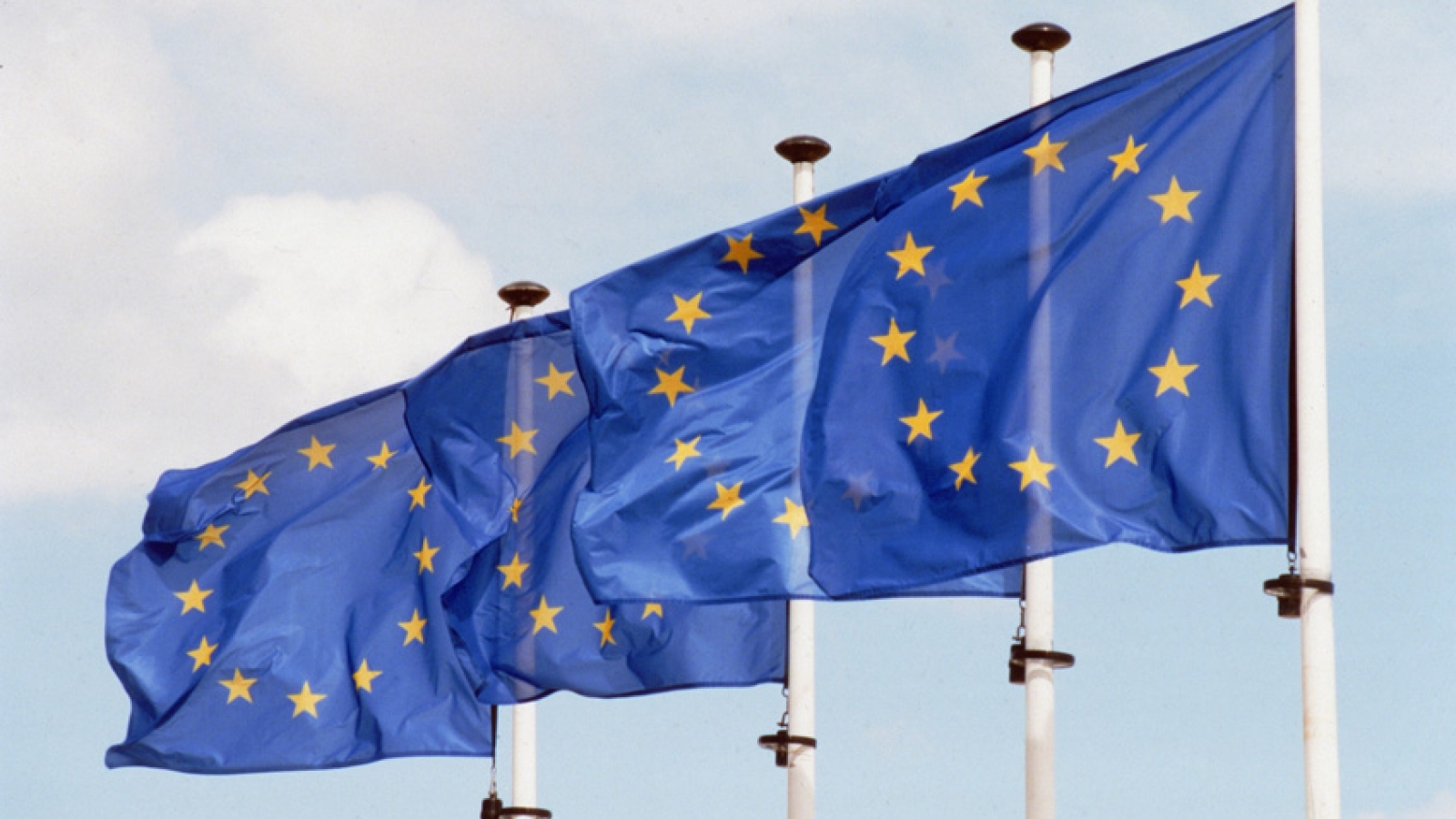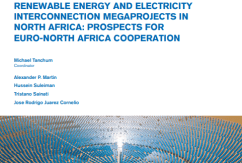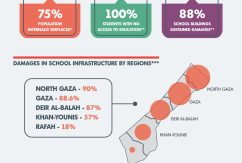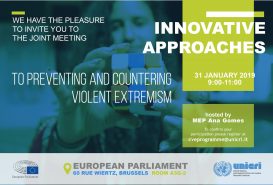Pilot Project on Countering Radicalization and Violent Extremism in the Sahel-Maghreb region


Brief Description
The project runs for four years and promotes inclusive and credible deradicalization activities in the Sahel-Maghreb region through the development of more responsive and inclusive societies. Key component of the project will be the involvement of civil society actors. NGOs, victims of terrorism, media, cultural associations, women and youth organizations will be the primary partners in the implementation of the activities in order to build resilience within society and contribute to address root causes at the local and national levels.
This project combines the European Union Counter-Terrorism Strategy, the European Union Strategy for Combating Radicalization and Recruitment to Terrorism, the EU Strategy for Security and Development in the Sahel and the United Nations Global Counter-Terrorism Strategy. It develops a unified approach by involving national, regional, and international actors, including the Global Counter-terrorism Forum, Hedayah, international experts, and the National competent authorities in the countries involved.
Countries covered: Algeria, Libya, Morocco, Tunisia; and Burkina Faso, Chad, Mali, Mauritania, Niger.
Objectives
The project’s objectives are the following:
1. Contribute to strengthening the capacities of local civil society actors (including youth, media, religious groups, former slaves) to build resilience within society to withstand radicalisation to violence.
2. Test and evaluate the actions implemented by civil society actors in order to identify good practices and lessons learned in conflict mitigation and counter violent extremism that trigger successful interventions.
Actions in brief
It is expected to reinforce direct financial support to 20-25 civil society actors through actions for conflict mitigation and counter violent extremism. The actions will cover among others the following areas:
1. Dissemination of democratic culture and values: training and capacity building for young leaders, projects in schools to address violence and promoting tolerance and dialogue;
2. Promotion and dissemination of democratic citizenship through art, theatre, music, culture and the protection of the eco-environment;
3. Support the media and the use of media and social media channels, establishment of journalist unions and promotion of local radios and radios associatives;
4. Activities with religious groups to promote and integrate the religious discourse in a democratic culture as well as a culture of respect for women;
5. Building new or strengthening existing networks of associations and CSOs.
Implementing partner: UN Interregional Crime and Justice Research Institute (UNICRI)































